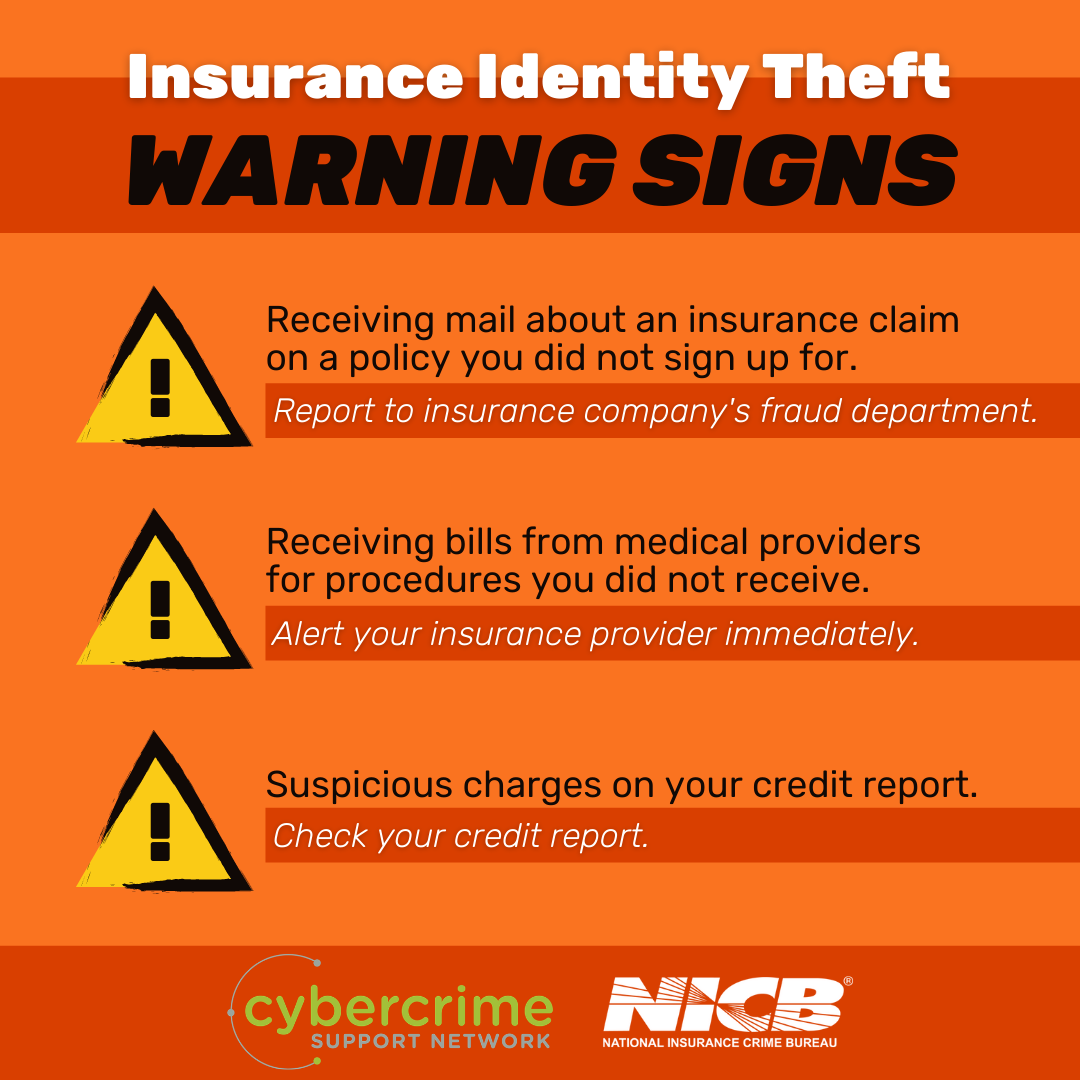Cybercrime and Insurance Fraud
Cybercrime and online fraud is growing and all businesses and consumers can be vulnerable. Criminals have found value in the business of insurance fraud, and it is important that consumers understand what to look for.
According to the 2019 FBI IC3 Report, over 450k cybercrime incidents were reported and the victims lost $3.5 billion. This is the highest reported financial loss from US cybercrime victims in a single year as well as the highest number of complaints since 2015. With the rise of online usage and the increase of scams and fraud due to COVID-19 – reporting has increased over 400%.
Many cybercrime incidents involve identity theft, where criminals steal personal information in order to hack accounts and access funds. Identity theft can lead to insurance
fraud, which occurs when false claims are provided to an insurance company in order to gain benefits someone does not qualify for. By stealing personal information, cybercriminals can use your identity to reap the benefits of your insurance policy.
If you experience any of the following warning signs, you may have been impacted by insurance identity theft:
- You receive mail about an insurance claim on a policy that is in your name, but you never signed up for it. If this happens, contact the insurance company that sent you the claim and report it to their fraud department.
- Medical providers send you bills for procedures you didn’t receive. If this occurs, alert your insurance provider right away.
- You see suspicious charges on your credit report. You can check your credit report for any suspicious activity at annualcreditreport.com.
If you suspect that your identity has been stolen, report the incident immediately following referrals on FraudSupport.org. Use IdentityTheft.gov to create an individualized identity theft recovery plan and call Identity Theft Resource Center if you would like to speak to a trained support specialist to build back your identity.
Identity theft is just one of many ways scammers use your personal and financial information. Scammers may also pose as an insurance company using phishing tactics to try to sell you fake insurance policies, steal your payments, or take your personal information. The phishing email may ask you to click on a link to make a payment or ask you to log in due to suspicious activity on your account.
Look out for these common phishing email red flags:
- The email uses a generic greeting, such as “Dear Client.” If this is a company you frequently do business with, they should have your name on file.
- The email includes vague phrases like "payment issue" or “account issue,” but does not include any details. If you receive a vague email from a company, find the company’s legitimate website and contact them using the phone number provided.
- The email is poorly written with spelling errors or poor grammar.
If you do mistakenly click on a phishing email link or provide sensitive information to a potential scammer related to insurance scams, start by contacting your insurance provider’s fraud department, inform them of the incident, and utilize any resources they may provide. Next, go to FraudSupport.org to find additional resources to report, recover and reinforce your security. Phishing emails can be reported to your email service and forwarded to the Anti-Phishing Working Group (APWG) at [email protected].
Whether you have experienced identity theft or clicked on a phishing email, it is always important to reinforce your cybersecurity. Check out our Easy E-Clean Up Checklist to perform a digital clean up and better protect yourself from future incidents. To find more in depth guidance on how to better secure your online life, visit Security Planner from Consumer Reports to build a plan. If you want to learn the three golden rules to spot a scam, visit the CSN and Google partnership site, ScamSpotter.org. More information about cybercrime, tips on immediate action steps if you’ve encountered a scam and resources to recover can be found on FraudSupport.org. Follow CSN on Twitter, Facebook, LinkedIn, and YouTube . For more insight, subscribe to our newsletter, where we provide updates about everything going on within CSN.
